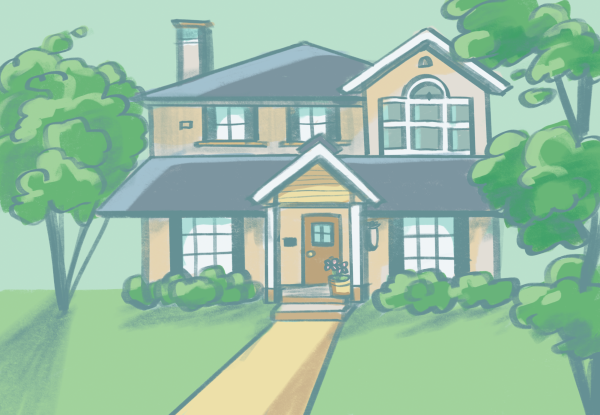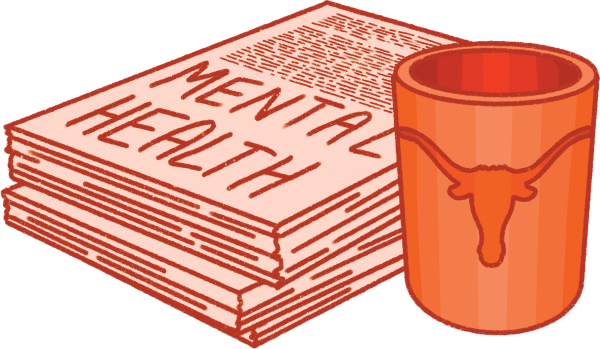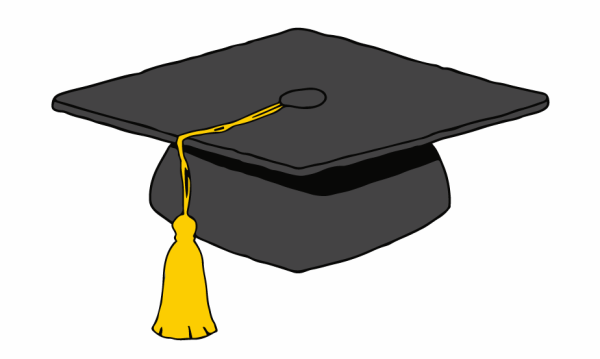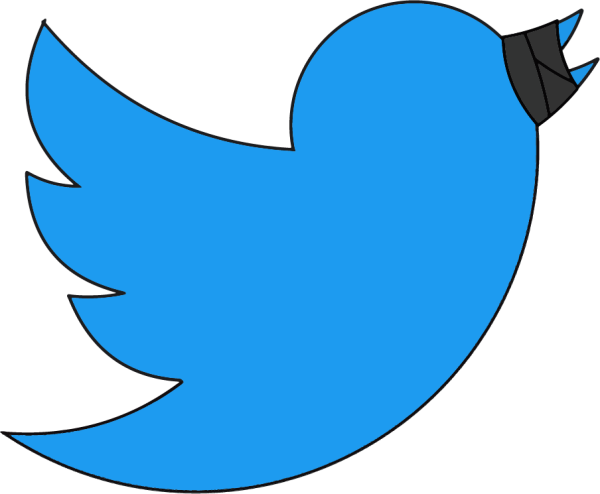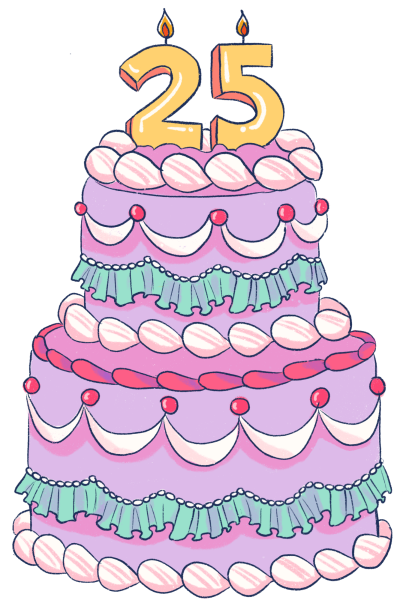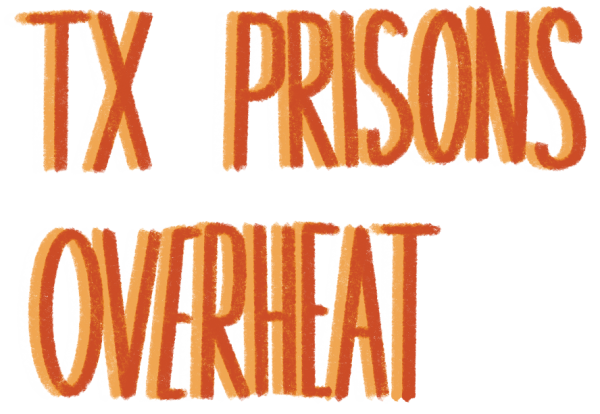Loneliness in the LGBT+ Community
February 18, 2020
When I was in seventh grade, I shaved the left side of my head and kept my hair shoulder length everywhere else. I looked silly and got a number of comments affirming that, but the people who I wanted to impress liked it, and that’s what mattered.
I was trying to impress the only LGBT+ people I knew, an outlandish looking group of kids my same age but with twice my confidence. They had all come out together and immediately began to try and dress to reflect their new status as official LGBT+ kids. They didn’t know what that was actually supposed to look like, so they guessed. They dressed in all black, dyed their hair every color of the rainbow, pierced their noses and wore Doc Martens every day. They took inspiration from the rainbow painted caricatures in movies and on TV, wearing oversized jackets with skinny jeans and tiny crop tops, with eyeliner that covered entire eyelids.
It wasn’t necessarily attractive, but we were all fumbling blindly for a sense of community, some kind of visual cue that we could see and know that we weren’t alone. In making ourselves easily identifiable, we made ourselves seem bigger, as though we were more powerful than a group of maybe 10 thirteen-year-olds with a newly claimed identity to defend. When we were loud and bold, it was harder to ignore us and harder for us to feel alone.
Before then, I had never met an LGBT+ person besides my uncle, who I only found out was gay after his partner died of a sudden heart attack and he came to stay with us while he mourned. What a way to meet the first person older than you that you might possibly be able to relate to, the first person who could model for you what life as a gay person might entail. To my eyes, it was all tragedy and the sort of quiet shame that had my grandmother calling the man my uncle had spent 10 years of his life with a ‘special friend’.
Even living in a city like Austin, it’s a rare and special thing for me to meet other LGBT+ people, especially adults. When you never see people like yourself past the age of 18, it begins to feel like growing up and navigating the world as anything but heterosexual and cisgender might be impossible. There are those big milestones that politicians don’t want you doing, of course, like getting married or having kids, but there’s also that mundane day to day that seems a bit like fantasy when you don’t know a single person like you living it.
Of course, our generation hasn’t pioneered the experience of being LGBT+ — we’ve been here since the beginning of time. But who is supposed to teach us our history? It’s certainly not taught in school, and with the countless struggles of LGBT+ people, it’s not as though we have people we can ask for advice. No, all most of us have is Google and essays squirreled away in the Women and Sexuality section of bookstores and libraries.
Without the vibrant peacocking my middle school friends had been so proud of, there’s really no way to know if you’re among people like yourself. And contrary to popular straight belief, gaydar really isn’t anything, aside from flagrant stereotyping. You could ask around, theoretically, but considering how embarrassing and offensive that has the potential to be, it’s easier just to keep to yourself and hope that you’ll be able to find people who can identify with you without saying a word, which is, of course, a solitary and painstaking endeavor.
Since there’s no concrete way of knowing who’s LGBT+ and who isn’t, even if your friends or classmates or coworkers are anything approaching LGBT+, you’ll never know if they choose not to tell you that. It’s easy to feel isolated when you only know eight other people like yourself, and among those only two of them might identify in the exact same way you do. Then among those two, there’s no guarantee that either of them can actually empathize with your experience and ideas on what being LGBT+ means in a personal sense, and then you’re left feeling stranded even among your peers.
Those peers may face the same struggles you do, but they face them with their own experiences and confusions. That slight change in viewpoint can create an irreparable rift. There is nothing more intimate than your own identity, that fundamental building block that your entire life rests on, but when you know so few people who understand that basic part of yourself in any sort of way, it’s hard to feel seen. Even those LGBT+ people who understand you don’t necessarily agree with you, or the way you want to be seen, and then who’s left?

